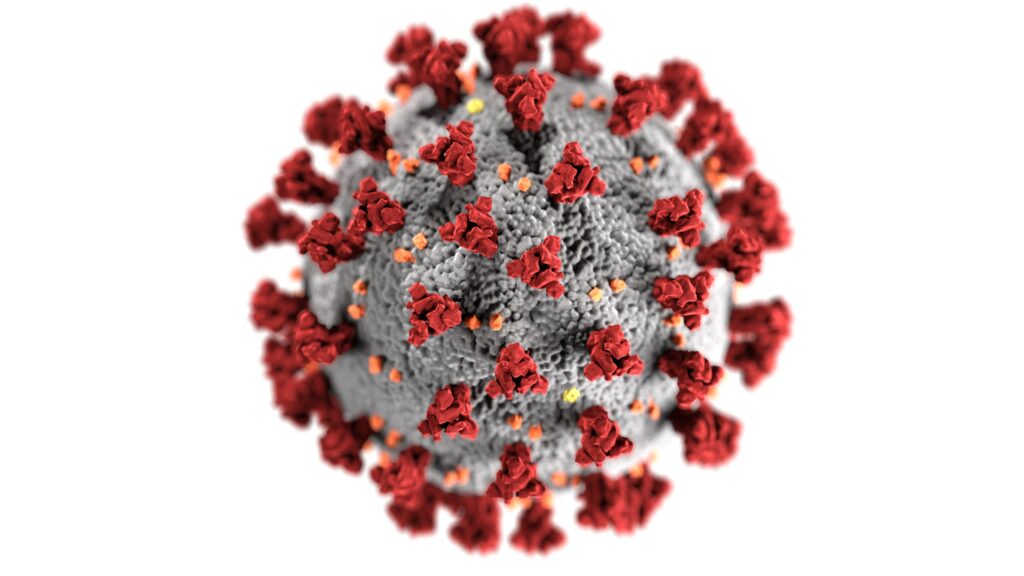The U.S. FDA has published a new Guidance Document on 19-Mar-2020, which is entitled : “Postmarketing Adverse Event Reporting for Medical Products and Dietary Supplements During a Pandemic” (1).
This is not exactly a new document and in reality, this represents a minor revision of the 2012 guidance on “Postmarketing Adverse Event Reporting for Medical Products and Dietary Supplements During an Influenza Pandemic”. The update clarifies that the guidance is applicable to any pandemic, including the current COVID-19 pandemic and not just an influenza pandemic.
The FDA subsequently issued a revised version on 20-May-2020 to adjust the requirements in light of the experience made so far during the COVID-19 pandemic.
Possible Impact of a Pandemic
This guidance (2) provides recommendations to address the anticipated workforce shortage that can result from high absenteeism in the Industry and at the FDA during a pandemic, while the volume of case reports may increase due to the widespread use of medical products to face the pandemic.
Although compliance should be maintained to the maximum extent possible, the guidance brings flexibility to prioritize AE reporting responsibilities when resources become insufficient, which should be considered in Business Continuity arrangements.
Business Continuity and Prioritization
Companies that are unable to fulfill normal adverse event reporting requirements during a pandemic should maintain documentation of the declaration of a pandemic (e.g. by the WHO), and of the factors that are preventing the firm to comply with its reporting requirements, i.e. high absenteeism and/or increase in caseload. The FDA should be notified as soon as possible.
In these circumstances, the FDA will accept that certain safety reports are not submitted within the regulatory timeframes provided that delayed reports are submitted within 6 months of the restoration of AE reporting capabilities to their pre-pandemic state. However, a different timeframe may be set by the FDA (see Section D of the Guidance Document).
FDA defines Priorities for Safety Reports
The guidance includes a table that defines which reports companies should submit and which may be stored if necessary. Here is a summary for approved drug and biological products (NDA, ANDA, or BLA):
- FDA will communicate with firms if there are products and issues that present special concerns, in which case full compliance with expedited and periodic reporting requirements is expected.
- For all other products, Periodic Safety Reporting may be suspended.
- Regarding Expedited Safety Reporting (i.e. 15-day Alert reports), while other reports may be stored if necessary, the following reports should be submitted within required timeframes:
| 1- | Reports associated to products targeting the pathogen or the disease, whether or not this use is included in the approved labeling |
| 2- | Reports associated to products approved within prior three years |
| 3- | For All Products, Reports with a Fatal Outcome |
Besides these rules for approved drug and biological products, the table provides guidance for other types of products, including Prescription drug products marketed without an approved NDA (including compounded or repackaged products), Medical Devices, Blood Products, Human Cells, Tissue, and Cellular and Tissue-Based Products (HCT/P), etc.
Footnotes
(1) US FDA Guidance Page – “Postmarketing Adverse Event Reporting for Medical Products and Dietary Supplements During a Pandemic”: Link here
(2) Direct link to US FDA Guidance Document – “Postmarketing Adverse Event Reporting for Medical Products and Dietary Supplements During a Pandemic”: Link here

